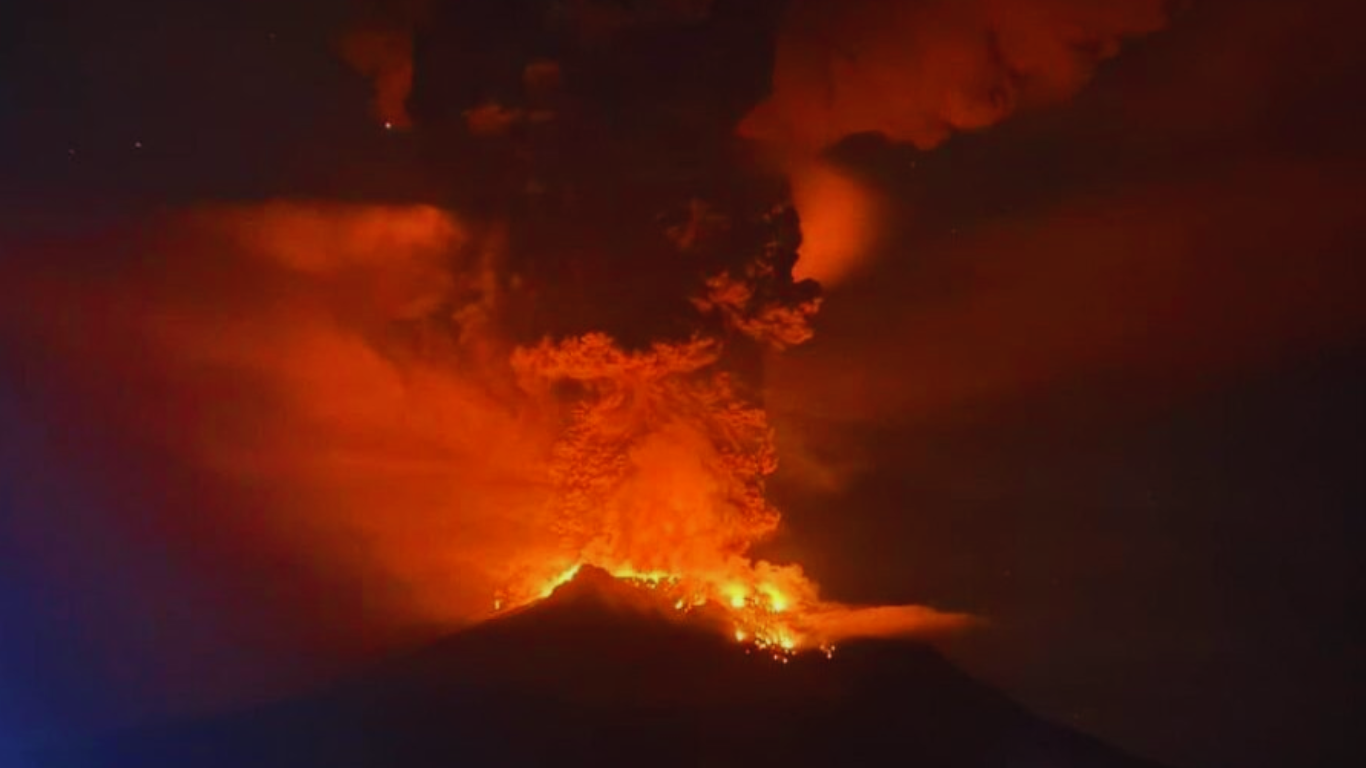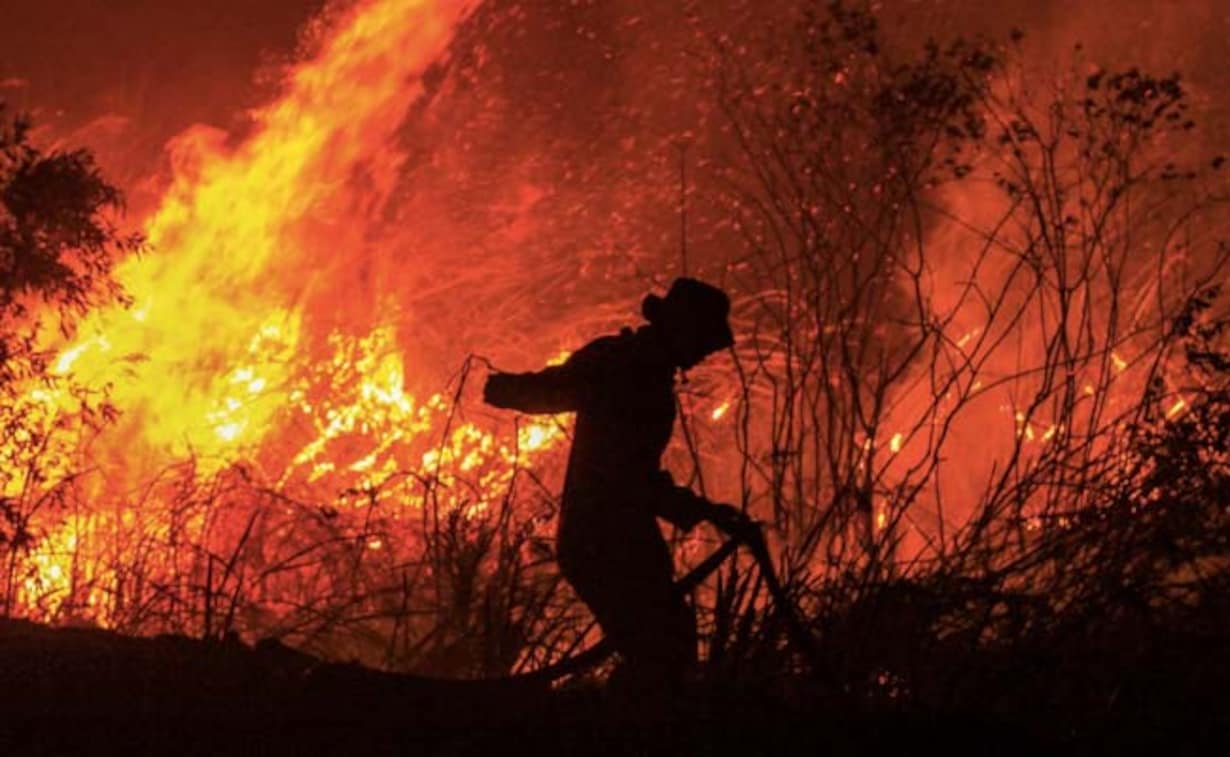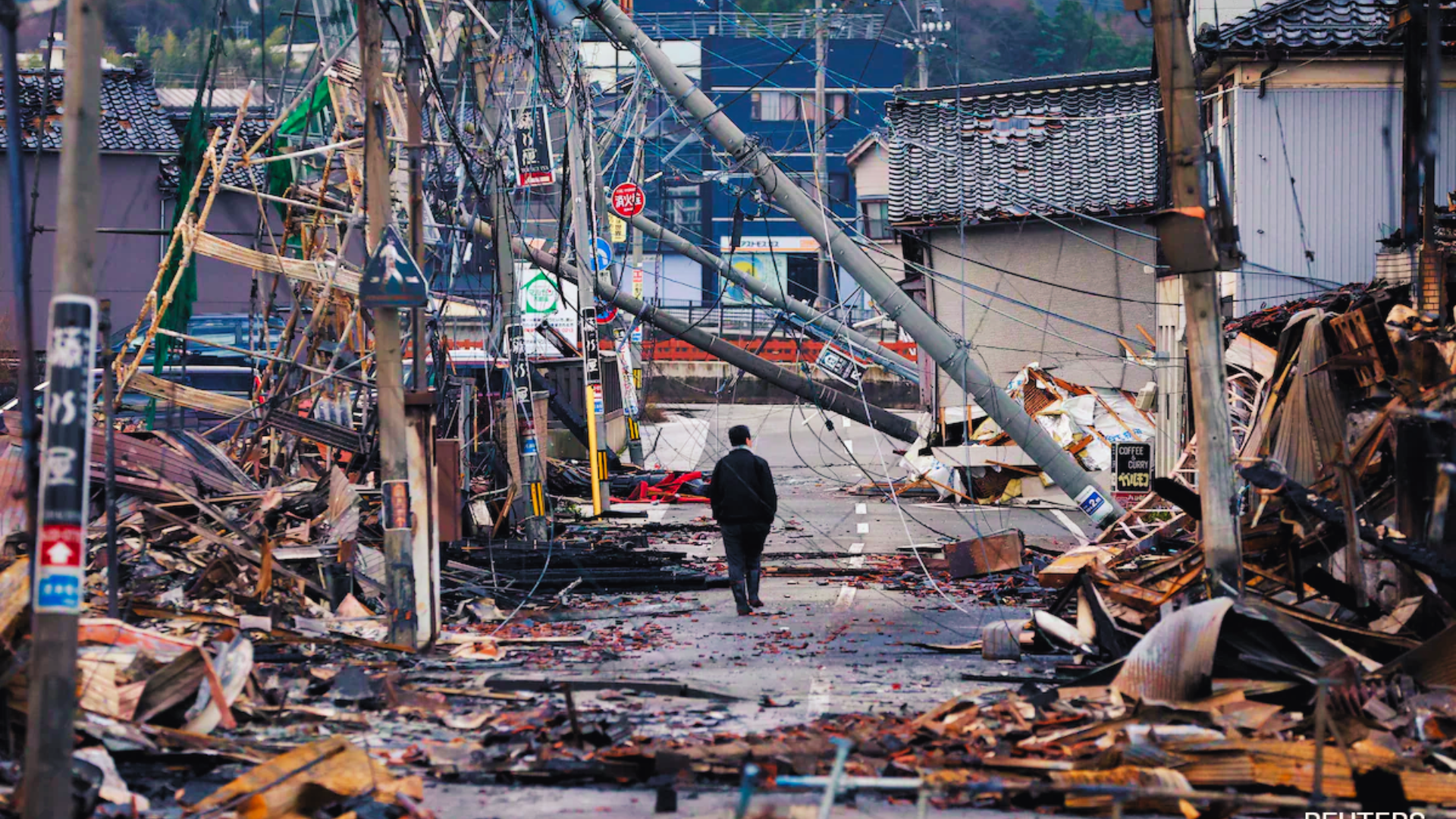










WMO reports that the last eight years are on track to be the eight hottest on record driven by ever-rising greenhouse gas concentrations and accumulated heat
UN officials reported that global warming has accelerated, revealing that every year since 2015, if predictions for 2022 hold, has been warmer than the previous year.
In a report released as the COP27 UN climate summit began in Sharm el-Sheikh, Egypt, the World Meteorological Organization noted that the pace of sea level rise, glacier melting, torrential rains, and heat waves had all accelerated.
The UN chief Antonio Guterres described the report as “a chronicle of climate chaos” as COP27 gets underway.
Approximately half of the rise in global temperature over the last 30 years has been due to global warming, according to the report.
WMO chief Petteri Taalas stated, “The greater the warming, the worse the impacts.”
Over the past 20 years, ocean surface water, which absorbs over 90% of the heat from accumulated human carbon emissions, has warmed particularly rapidly.
Glaciers in the European Alps experienced a record-breaking melt in 2022. the Greenland ice sheet lost mass for the 26th consecutive year and it rained (rather than snowed) there for the first time in September.
The global mean temperature in 2022 is currently estimated to be about 1.15 [1.02 to 1.28] °C above the 1850-1900 pre-industrial average.
“In the past 30 years, the rate of sea level rise has doubled and is expected to continue for hundreds if not thousands of years. Many glaciers have already melted and will continue for hundreds if not thousands of years, with severe implications for water security. “Although we still measure this in millimeters per year, it adds up to half to one meter per century, which poses a major threat to millions of coastal dwellers and low-lying states,” he said.
A recent flood in Pakistan and the deadly, long-running drought in the Horn of Africa have shown how those least responsible for climate change suffer the most. There have been extremes this year in even well-prepared societies – as evidenced by the prolonged heatwaves and droughts in parts of Europe and southern China,” said Prof Taalas.
There is a growing need for people on Earth to have access to lifesaving early warnings due to the growing severity of extreme weather.










